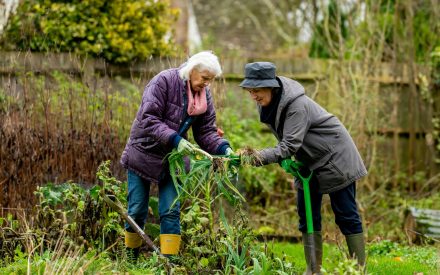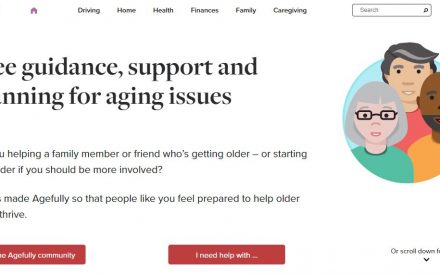Written By: Ashley Berghoff and Kristin Litzelman
When you think about aging, what comes to mind? We often find ourselves falling into stereotyped was of thinking that connect aging with frailty and loss. Aging, however, is a normal, natural part of life – we are all aging every day! Although we are at greater risk of health conditions as we age, we also have more wisdom, experience, and emotional resilience that we can share with the world.
By thoughtfully framing the way we think and talk about aging, we can make space for open conversations and positive problem solving. These ways of thinking can help reduce age-related discrimination and better address the needs and well-being of people at all ages. Check out the resources and articles developed by Frameworks Institute, a nonprofit research organization made up of social scientists and communications professionals dedicated to investigating social issues. The “Reframing Aging” resources can help us understand address and shift the negative attitudes towards aging. There are “Toolkits” that contain tools and strategies to adjust the attitude towards aging, which can be found on the Frameworks Institute website.
There are a wide variety of other reports and articles located on their website. You will find articles on the portrayal of aging in the media, talking about elder abuse, biased language, COVID-19 and ageism, and many other topics. These reports and articles articulate ways to “reframe” how society views aging, and how experts are working towards solutions. This work has been published in peer-reviewed journals and is used in the National Academy of Sciences.
Extension has a number of programs aiming to support individuals and families across the life span and promote positive aging, from strength and balance programs to stress management and caregiver training opportunities, and beyond. For more information, contact your UW-Madison Division of Extension office, your County or Tribal Aging Unit, or your County Aging and Disability Resource Center. For additional questions, contact UW-Madison Division of Extension State Specialist, Kristin Litzelman.





